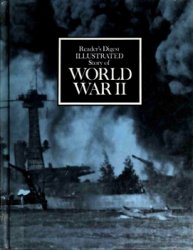The three systems clearly had much in common, but there were also distinct differences. An important one is that relating to the freedom of movement of the population. Under Stalin, passports were made compulsory for internal travel within the USSR. These were used as a means of hunting down Kulaks (rich peasants) and dissidents who tried to escape persecution by moving to different areas to hide. Passports permitting travel in and out of the country were rarely issued and then only to privileged groups, such as Party members and selected athletes and cultural representatives.
Similar restrictions were applied in Mao's China. Citizens had to carry a hukou, a document giving details of their place of residence. There was no absolute right to residence in a particular place and the hukou was applied by the authorities in a variety of ways either to prohibit or to enforce people's movement. Mao used it effectively, albeit unscrupulously, during the Great Leap Forward to shift huge numbers of rural Chinese from the land to the industrial centres.
In contrast, Hitler's Germany, up to the outbreak of war in 1939, was notably relaxed in its attitude to travel and movement. As was shown by its successful mounting of the Olympic Games in 1936, it was eager to welcome foreign visitors. It is true that its own people needed state-issued passports to leave and to re-enter the country, but that was the requirement in all European states at that time. Germans were encouraged to travel abroad and, although those who did so tended to be the well-to-do, the same was again true for the rest of Europe; cheap mass tourism did not develop anywhere in Europe until after 1945. Moreover, a distinctive feature of Nazi social policy was its Kraft durch Freude (see page 95) programme which provided its workers with holidays and opportunities for travel within Germany. Restrictions were, of course, placed on German Jews, but since this group made up barely 1 per cent of the population, it was possible both for visitors and Germans not to be fully aware of the situation.




 World History
World History









